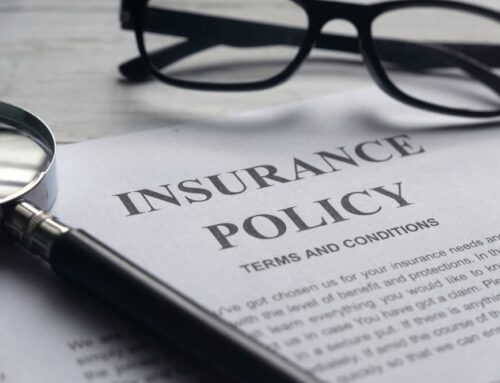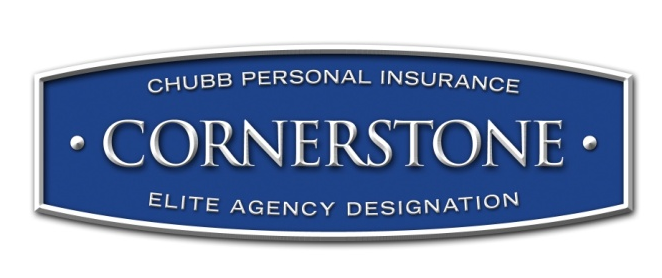Summer is the season for road rage: the temperatures are high and there are more cars on the road. Did you know that road rage incidents are considered intentional acts and are excluded in the personal auto policy? This is because damage to a vehicle from road rage isn’t actually caused by an accident; rather, it’s caused by aggressive driving behavior. So, if a driver initiates a road-rage incident that results in a collision, and the insurance policy does not cover it, the driver could be financially responsible for the bodily injury and property damage, as well as being subject to criminal charges.
Most of the time, road rage won’t be covered by insurance companies because they don’t want to be liable for a driver’s unsafe or criminal activity. And while road rage is not illegal, per se, it often is accompanied by harassment and assault. So, if a driver is involved in a road-rage incident that results in a collision and the insurance policy does not cover it, the driver could be financially responsible for the damage and potentially face criminal charges.
To avoid road rage, here are a few tips:
- Think before you act. Stop for a second before your slam on your horn or make an inappropriate gesture at somebody. Take a deep breath and think about what the consequences may be. Whatever you do likely won’t change the way they drive. You can only control the way you drive, so focus on that.
- Try to avoid or acknowledge triggers. You are more susceptible to experience road rage if you are going through a bad situation, such as arguing with someone in the car. Be aware in these situations, and try to diffuse them quickly so you can drive safely. You also could avoid them all together and make an effort to drive only when you can devote your full attention to the road.
- Enjoy your ride. Listening to music, e-books or podcasts can be a tremendous help in mitigating an otherwise stressful situation. They could improve your driving experience, and allow you to turn a blind eye to a toxic situation while driving.
- Do not let other angry drivers get to you. No matter how hard you try to avoid road rage, you could become a victim of another driver. Although it is not foolproof, attempt to avoid situations that may upset other drivers (e.g., tailgating, cutting them off or driving too slow). Do your best to not mirror the angry driver’s behavior or try to calm the driver down, instead try to diffuse the situation in a friendly or apologetic way with a smile and wave. Try to disengage the driver and keep your distance. If the driver starts to harass you (i.e., following you or tailgating your vehicle), drive to the nearest police station or call to request help.
If you have any questions regarding road rage, aggressive driving or your auto policy in general, give us a call. We’ll help you understand when you’re covered so you can drive in confidence.








